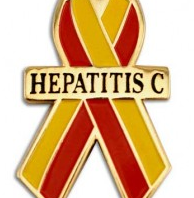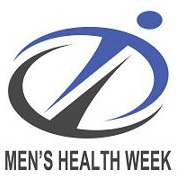We are barely two weeks into 2016, and there have already been attempts to limit access to healthcare for Americans. Last week President Obama vetoed a bill that would have repealed the Affordable Care Act (ACA, aka Obamacare) and cut all federal funding to Planned Parenthood. The veto marks the first time a bill to repeal the Affordable Care Act has passed through Congress after more than 50 attempts. In previous blog posts, we explored how the ACA has in fact insured over 10 million people and the many services provided by Planned Parenthood to both men and women. […]





